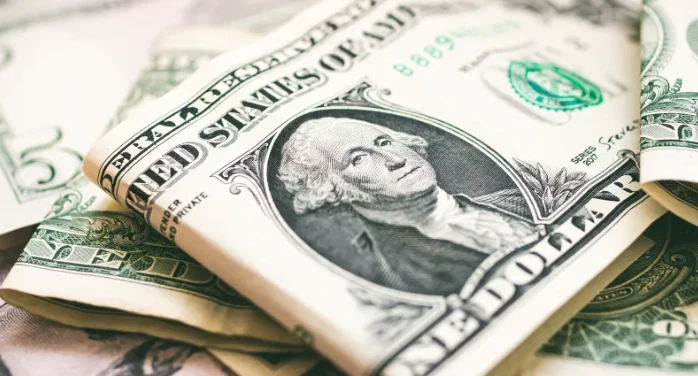
Depositing into your bank account is a safe way to save your money, but if you deposit more than $10,000 dollars your bank will take some measures that you should take into account
Making a cash deposit into a bank account is a common activity for many people. And is that putting your money in a bank account is probably the safest way to save it. However, your bank will need to report to the IRS if you make a cash deposit of more than $10,000.
You don’t have to worry if you deposit $50, $800 or even $1,000 in cash, but if you make a large deposit, the bank is required to report it to the IRS.
Banks must report to the IRS any cash deposits over $10,000.
The government does this because it seeks to record large cash deposits to detect illegal activity, even though many people have legal reasons for making these deposits.
If you deposit more than $10,000 in cash into your bank account, your bank must report it to the IRS using Form 8300.
This rule also applies to foreign currency deposits, cashier’s checks, traveler’s checks, or money orders, but not personal checks.
Knowing this, some people may wonder if they can get around this rule by depositing $9,500 and then making another $501 deposit a few days or weeks later. However, the reality is that you cannot circumvent this rule by making smaller deposits.
Please note that the IRS requires Form 8300 to be filed if more than $10,000 in cash is received from the same payor or agent in any of the following ways:
–In a global warehouse
–In two or more related payments in 24 hours
–As part of a single transaction or two or more related transactions within 12 months
This is something to keep in mind if you make regular cash deposits.
In the end, you have to remember that if you are making legitimate cash deposits into your bank account, there is nothing to worry about.

